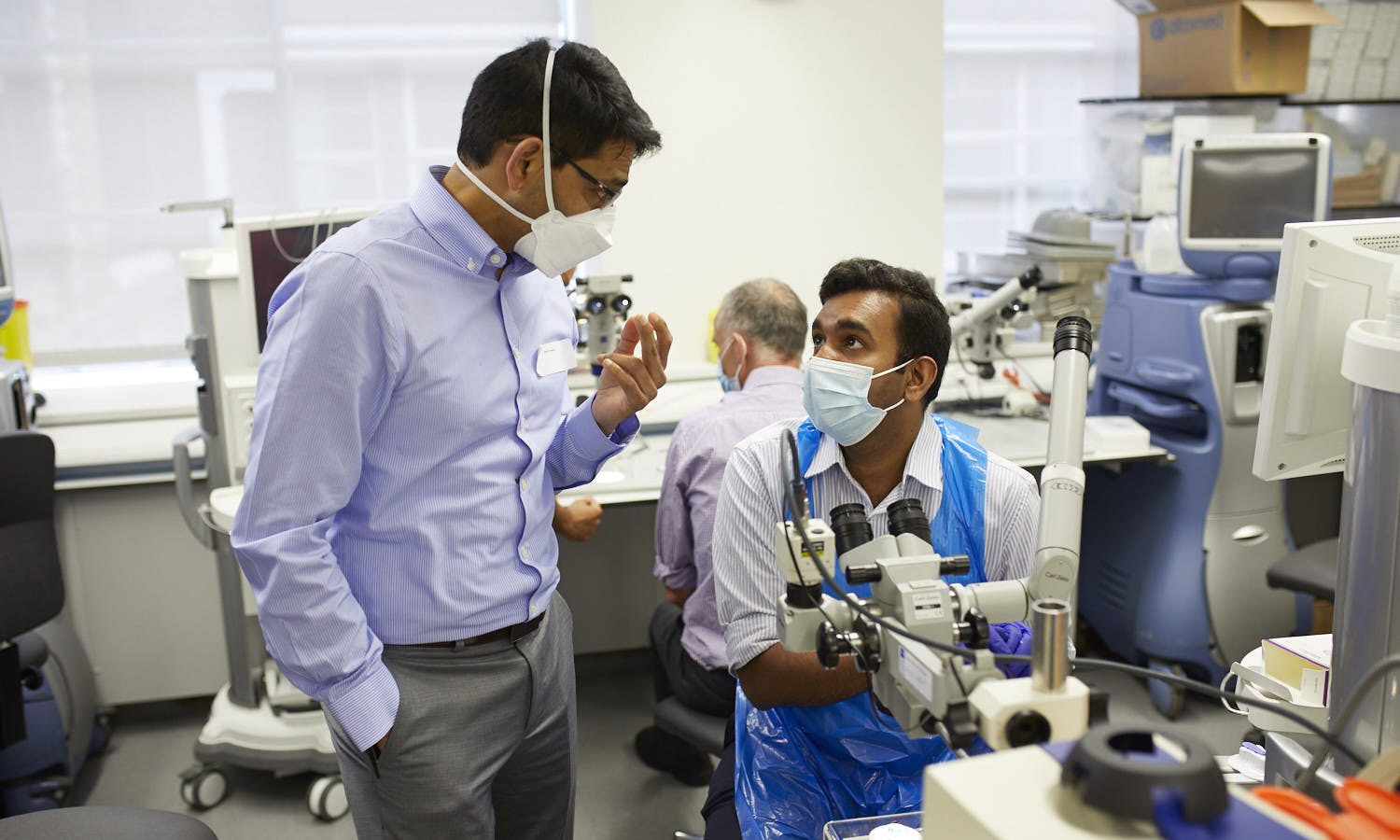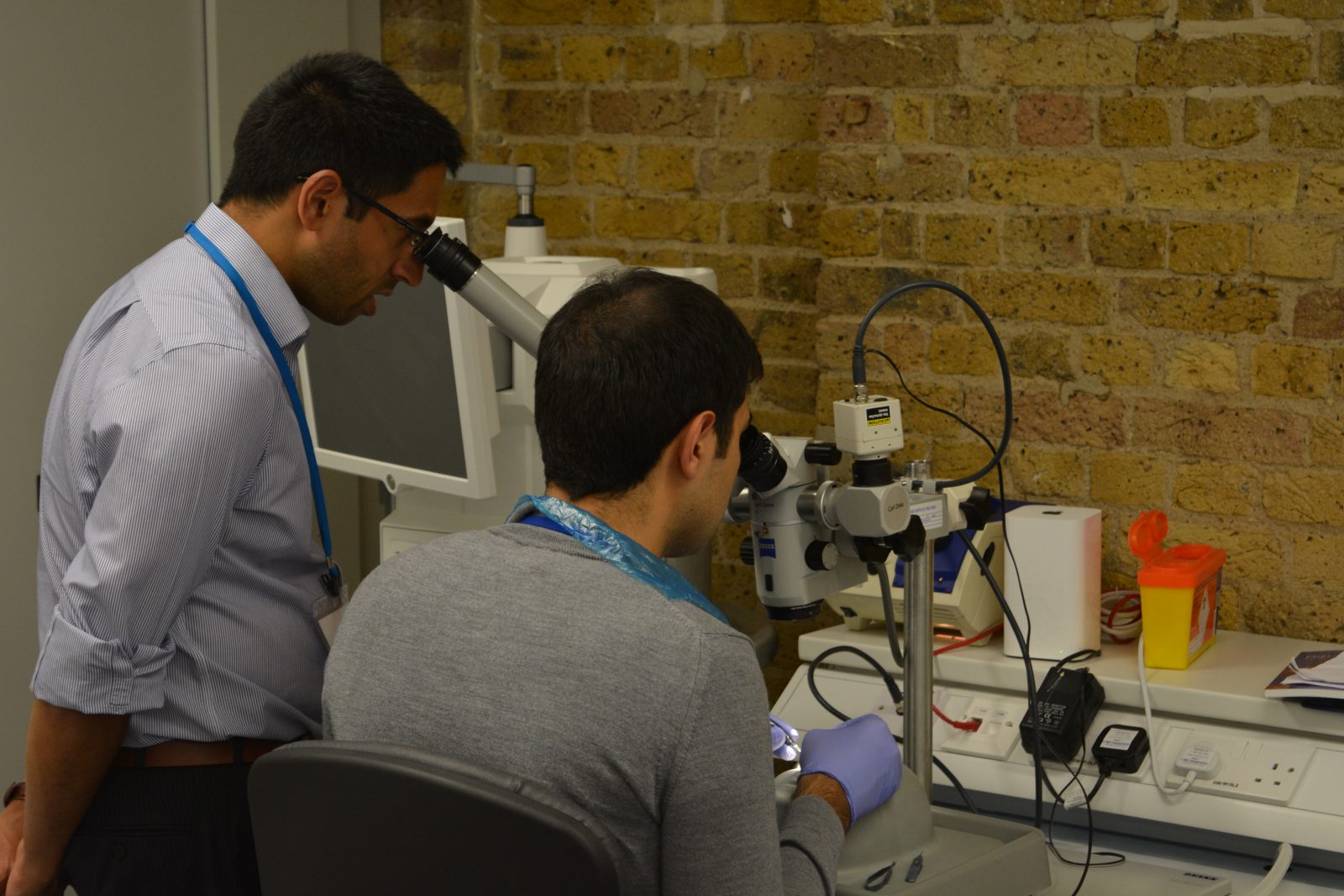Sign up to the standards
The Guide to OLT provides further guidance around all these areas and should be read prior to completion of this form. It is essential that the additional training opportunities identified for OLT do not have any negative impact on current OST trainees.
Regional teams
Regional Education Advisers are currently working to create Regional Teams and as part of that team there will be a Regional Portfolio pathway/OLT Lead.Units will have an OLT Lead who will become a Portfolio Pathway Assessor and will take part in College assessments. Training and support will be provided for this part of the role. This post will be known as the OLT Lead/Tutor.



